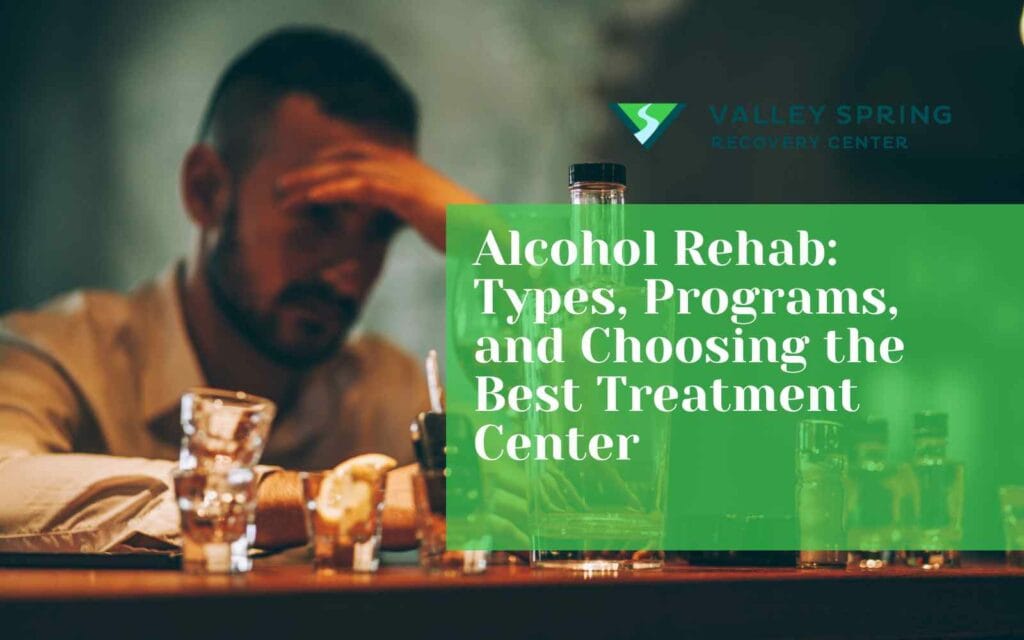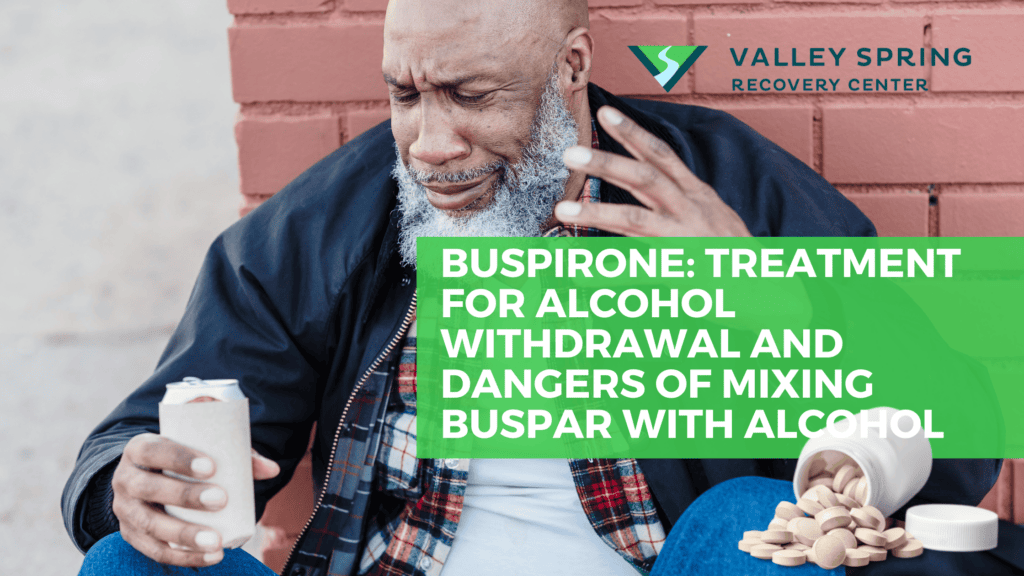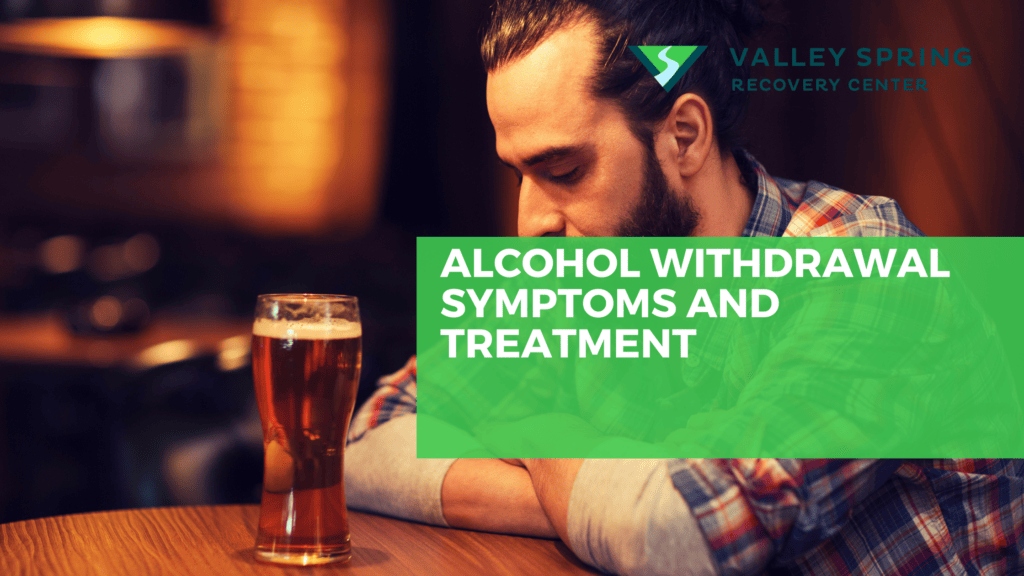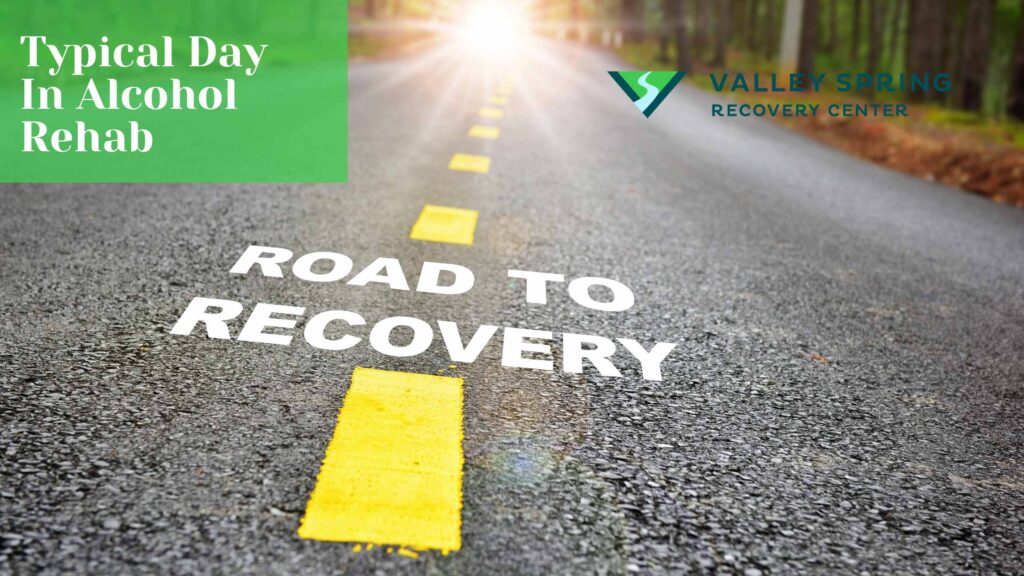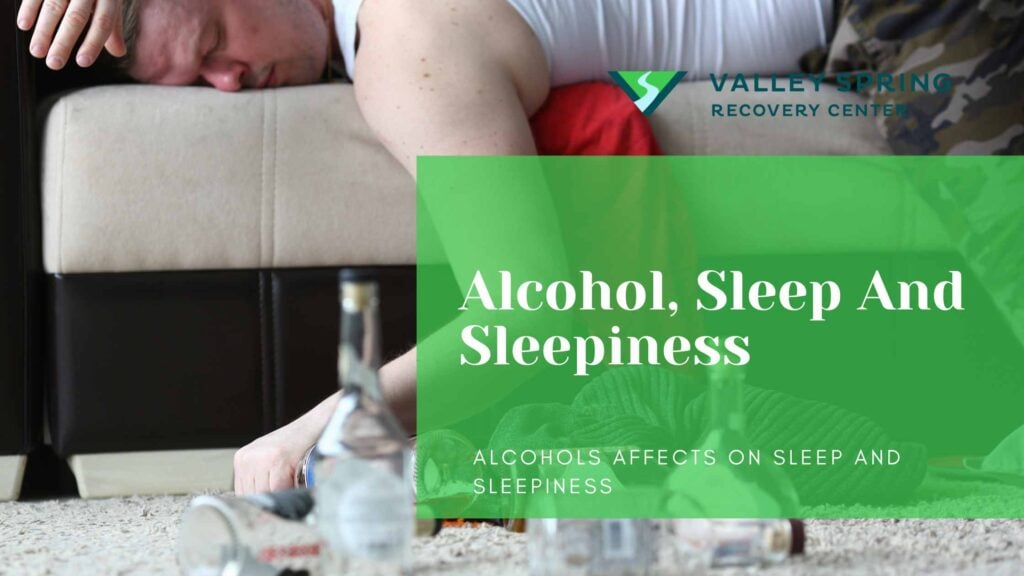Alcohol addiction affects a significant portion of the population, with 15.1 million adults in the United States battling alcohol use disorder, as reported by the National Institute on Alcohol Abuse and Alcoholism. This figure highlights the critical need for varied and effective rehabilitation options. Understanding the types of alcohol rehab, available programs, and how to select the right treatment center is crucial for successful recovery.
The types of alcohol rehab programs vary, ranging from inpatient and outpatient treatments to partial hospitalization and residential programs. Each type offers unique features and levels of care, making them suitable for different stages and severities of alcohol addiction.
Understanding the components and effectiveness of various programs is key to making an informed decision. These programs typically integrate medical detox, therapy, counseling, and aftercare planning, aiming to address both the physical dependency and psychological aspects of addiction.
Choosing the best treatment center involves considering factors like the center’s accreditation, the qualifications of its staff, treatment methodologies used, and aftercare support. It’s essential to select a center that aligns with the individual’s specific needs, ensuring a tailored approach to recovery.

What Are The Different Types Of Alcohol Rehab?
Alcohol rehab is not a one-size-fits-all solution. There are different types and approaches tailored to meet the unique needs of individuals battling addiction. Some may require a more structured environment, while others may thrive in outpatient settings. Appreciating the differences between inpatient, outpatient, and partial hospitalization programs is key to deciding on the best course of action.
1. Medical Detoxification (Detox)
Medical detox is the process through which the body is allowed to rid itself of alcohol while managing the symptoms of withdrawal under medical supervision. This is a critical and sometimes life-saving intervention, especially for those with severe addiction, as withdrawal from alcohol can be dangerous and potentially life-threatening.
During medical detox, healthcare professionals monitor and support the individual, ensuring safety and comfort. They may administer medications to help mitigate withdrawal symptoms, which can range from mild anxiety and shakiness to severe complications like seizures and delirium tremens (DTs).
Detox typically takes place in a specialized facility, and the duration varies depending on the severity of the addiction and the individual’s physical health. It’s important to note that detox is not a standalone treatment for AUD but the first step in a comprehensive treatment plan that should include therapy, counseling, and other supportive measures.
Medical detox ensures that the transition to sobriety is as smooth and safe as possible, laying the groundwork for further treatment in a rehab program. It’s a crucial step towards recovery, allowing individuals to clear their minds and bodies of alcohol’s effects and prepare for the therapeutic work ahead.
2. Inpatient Programs
Inpatient programs, also known as residential treatment, are designed to provide round-the-clock support in a residential setting. Staffed by medical professionals, therapists, and counselors, alcohol inpatient rehab facilities offer an immersive and comprehensive treatment experience. Inpatient programs cater to individuals with various needs, including those with co-occurring mental health disorders and specific populations such as couples, teens, seniors, and veterans.
Medical detoxification is a vital step in the inpatient treatment process, especially for individuals grappling with withdrawal symptoms from opioids, alcohol, or sedating drugs like benzodiazepines. Facilities like The Hope House in Scottsdale, Arizona, provide a more intimate and personalized setting for addiction treatment, with a maximum capacity of 10 clients. Inpatient programs are often recommended for those requiring constant medical supervision or a higher level of care.
3. Outpatient Programs
Outpatient programs offer a more flexible approach for those seeking addiction treatment, allowing patients to reside at home while attending therapy sessions. These programs range in intensity, with standard outpatient services, intensive outpatient programs (IOP), and partial hospitalization programs available. For those who have achieved a degree of sobriety but still require additional structure and support, sober living homes can provide a stable and substance-free environment.
Intensive outpatient programs (IOP) often require a minimum number of attendance hours for optimal outcomes. Participants can expect a multifaceted approach to treatment, including individual and group therapy, as well as medication management and 12-Step meetings. Outpatient programs provide a viable option for those who need ongoing support while maintaining their daily responsibilities.
4. Partial Hospitalization Programs
Partial hospitalization programs (PHP) offer a more intensive level of care than standard outpatient treatment. Patients attend therapy sessions for several hours a day, multiple days a week, while still living at home. The duration of a PHP for alcohol rehabilitation typically ranges from several weeks to a few months.
PHPs provide a structured, hospital-based outpatient care setting that focuses on both addiction and co-occurring disorders. Patients can expect individualized treatment plans, guidance from licensed nurses, addiction counselors, social workers, and physicians, as well as access to support programs provided by the Mental Health Services administration.
Partial hospitalization programs are a viable option for those requiring a higher level of care without the need for inpatient treatment.
5. Sober Living Homes
Sober living homes are specialized residential facilities that offer a supportive and structured environment, serving as a bridge between inpatient treatment and the return to everyday life. These homes enforce a substance-free living space and often incorporate rules and responsibilities to foster personal responsibility and relapse prevention.
6. 12 Step Programs
12-step programs, epitomized by Alcoholics Anonymous, are centered around a set of guided principles for recovery. These programs emphasize peer support, regular group meetings, and a spiritual, albeit non-denominational, approach to overcoming addiction. Participants work through the 12 steps to achieve and maintain sobriety, often finding strength and accountability in shared experiences.
7. Holistic Recovery Programs
Holistic programs, on the other hand, adopt a broad approach to treatment by integrating conventional therapeutic methods with alternative practices like yoga, meditation, acupuncture, and nutritional counseling. These programs aim to treat not just the physical symptoms of addiction but also address mental, emotional, and spiritual health, recognizing the interconnectedness of these aspects in the journey toward recovery.
| Type of Rehab Program | Description |
|---|---|
| Inpatient Rehab Programs | Offers a structured and intensive treatment environment within the facility, suitable for severe addiction or co-occurring mental health conditions. |
| Outpatient Rehab Programs | Allows individuals to live at home and maintain daily activities while attending regular treatment sessions, ideal for mild to moderate addiction. |
| Detoxification Programs | Focuses on safely managing withdrawal symptoms as the body eliminates alcohol, often the first step in the rehab process. |
| Partial Hospitalization Programs (PHPs) | Provides a balance between inpatient and outpatient care, with several hours of treatment at the center daily but allowing patients to return home at night. |
| Intensive Outpatient Programs (IOPs) | Requires more frequent and longer treatment sessions than standard outpatient care, offering a rigorous approach to recovery. |
| Sober Living Homes | Residential facilities offering a structured, substance-free environment, ideal for those transitioning from inpatient rehab or in need of a supportive living space. |
| 12-Step Programs | Includes programs like Alcoholics Anonymous, focusing on a step-by-step recovery process with strong peer support. |
| Holistic Programs | Integrates alternative therapies such as yoga and acupuncture with traditional treatment methods, focusing on overall wellbeing. |
What is the difference between inpatient and outpatient alcohol rehab programs?
Inpatient and outpatient alcohol rehab programs are two different approaches to treating alcohol use disorder (AUD), each with its own structure and intensity level. Understanding the differences between them is crucial for selecting the most appropriate treatment option based on an individual’s needs and circumstances.
Inpatient Rehab Programs
- Structure: Inpatient, or residential, rehab programs require patients to live at the treatment facility for the duration of the program, which can range from a few weeks to several months.
- Intensity: These programs are typically more intensive, with structured treatment schedules that include daily therapy, counseling, and activities designed to aid recovery.
- Environment: Patients are in a controlled environment, away from potential triggers and daily stressors that might contribute to their addiction. This allows for a focus solely on recovery.
- Support: Continuous medical and therapeutic support is available 24/7, which is particularly beneficial for those with severe AUD or co-occurring mental health disorders.
- Services: Inpatient programs often offer a range of services, including medical detox, individual and group therapy, educational sessions, and sometimes holistic treatments like yoga or meditation.
- Cost: Generally, inpatient programs are more expensive than outpatient programs due to the comprehensive care, accommodation, and facilities provided.
Outpatient Rehab Programs
- Structure: Outpatient programs allow individuals to live at home and maintain their daily routines, such as work or school, while attending treatment sessions at scheduled times.
- Intensity: These programs are less intensive, with flexibility to fit therapy and counseling sessions around personal schedules. The frequency and duration of sessions can vary.
- Environment: Patients continue to live in their usual environment, which requires a stable and supportive home life to facilitate recovery.
- Support: While consistent, the support is not as intensive or immediate as inpatient programs. Participants may have regular meetings with counselors and may attend group therapy sessions.
- Services: Services often include individual and group counseling, educational workshops, and support group meetings. Some outpatient programs may also offer medical services, but these are typically less comprehensive than inpatient programs.
- Cost: Outpatient programs are generally more affordable due to the lack of residential accommodation and around-the-clock care.
Navigating Insurance and Financial Considerations
Finance is often a major concern for those seeking alcohol rehab. Thankfully, numerous insurance policies cover at least part of the treatment costs, and state-funded programs can offer aid to those with limited financial resources. Comprehending your options for insurance coverage and state-funded treatment can help you receive the care you need without imposing financial stress.
Whether you hold private insurance, depend on government-funded programs, or need budget-friendly treatment options, resources are available to guide you through the finance-related aspects of alcohol rehab. By investigating your choices and comprehending the costs linked with treatment, you can decide on the best path for your recovery journey.
Insurance Coverage for Alcohol Rehab
Insurance coverage for alcohol rehab typically covers at least some of the cost of treatment, depending on the individual’s insurance policy. The Mental Health Parity and Addiction Equity Act requires health insurance companies to provide coverage for substance abuse treatment. To find out the specific details of your coverage, it’s essential to contact your insurance provider directly.
Health insurance generally provides coverage for substance abuse rehabilitation and various forms of mental health treatment. The extent of coverage depends on the policy, so it’s crucial to understand the specifics of your insurance plan and how it can help cover the costs of alcohol rehab.
State-Funded and Low-Cost or Free Treatment Options
For those with limited financial resources, state-funded and low-cost treatment options can provide accessible and affordable care. State-funded alcohol rehabilitation programs include government-funded rehab centers, state-funded rehabilitation centers, and state-certified treatment facilities. These programs offer a range of services, such as inpatient treatment, outpatient services, detox programs, and counseling.
To find low-cost or free alcohol rehab treatment options, you can explore resources such as SAMHSA’s National Helpline, free and affordable drug and alcohol addiction treatment resources, and low-cost rehab centers. These options can help ensure you receive the care and support needed for long-term recovery, regardless of your financial situation.
How to Choose the Right Alcohol Rehab Center
The choice between inpatient and outpatient rehab depends on several factors:
- Severity of Addiction: Inpatient treatment is often better suited for individuals with severe AUD, a long history of addiction, or multiple unsuccessful attempts at recovery.
- Support System: Outpatient treatment may be appropriate for those with a strong support system at home and a less severe level of addiction.
- Medical and Mental Health Needs: Inpatient programs can better accommodate individuals with significant health issues or co-occurring disorders.
- Personal Responsibilities: Outpatient treatment allows individuals to maintain their daily responsibilities, such as work or childcare.
- Financial Considerations: The cost can be a determining factor, with outpatient programs being more budget-friendly.
- Aftercare: Long-term support is indispensable for sustaining sobriety after concluding treatment.
- Therapies: does the center offer a variety of evidence-based treatment methodologies, like CBT and DBT
- Accreditations: Most facilities must be licensed with the state Department of Children and Family Services. There are also accrediting bodies for SUD facilities, the most prominent being JCAHO and CARF.
When choosing a rehab center, consider factors such as location, treatment approaches, and staff qualifications. The location of a rehab center can impact the success of treatment, with urban facilities often offering more comprehensive services and support. Additionally, the availability of follow-up care and support services in the local community can influence treatment success. By considering these factors and asking the right questions, you can ensure you find the best fit for your recovery journey.
Factors to Consider
When evaluating potential alcohol rehab centers, it’s important to consider factors such as the facility’s accreditation, treatment methods, and aftercare support. Reputable alcohol rehab centers should possess accreditations from recognized organizations like CARF (Commission on Accreditation of Rehabilitation Facilities) and the Joint Commission. The location of the rehab center can also impact recovery, as a serene environment and access to natural landscapes can contribute to the overall therapeutic experience.
Some of the best alcohol treatment centers in US should provide:
- Comfortable accommodations
- Medical supervision
- Individualized treatment plans
- Therapy and counseling services
- A holistic approach
- Aftercare support
- Nutritional support
- Recreational activities
- Family involvement
- Relapse prevention strategies
By taking these factors into account, you can ensure the rehab center you choose offers comprehensive care and support for lasting recovery.
Asking the Right Questions
To determine if a rehab center is the right fit for your needs, it’s crucial to ask the right questions. Inquire about the center’s success rates, staff credentials, and family involvement to gain a better understanding of their approach to treatment. Evaluating success rates can help you gauge the effectiveness of a rehab center’s treatment methods, while staff credentials ensure the delivery of quality care and treatment.
Don’t be afraid to ask about specific therapies, support services, or accommodations offered by the rehab center, as well as any aftercare assistance they provide to help maintain sobriety post-treatment. Remember, finding the right rehab center is an essential step in your recovery journey, so take the time to research and ask questions to make an informed decision.
What is The Role of Mental Health in Alcohol Addiction Treatment?

Mental health significantly influences alcohol addiction and treatment, considering that numerous individuals battling addiction also wrestle with concurrent mental health issues. Evidence-based treatments such as dialectical behavior therapy (DBT) and cognitive-behavioral therapy (CBT) are often employed to address both addiction and mental health concerns.
Recovery Centers of America (RCA), American Addiction Centers, and SOBA New Jersey and Valley Spring Recovery Center are examples of facilities that offer integrated, comprehensive dual-diagnosis treatment for alcohol use disorder. By addressing the root causes of addiction and incorporating mental health treatment, these centers provide a holistic approach to recovery, increasing the likelihood of achieving lasting sobriety.
Dual Diagnosis Treatment
Dual diagnosis treatment is a vital component of alcohol rehab, simultaneously addressing both alcohol addiction and accompanying mental health disorders. Co-occurring mental health disorders are prevalent among individuals with substance use disorder, particularly alcohol addiction, with the following disorders being notably higher among those with alcohol use disorder compared to the general population:
- Anxiety
- Depression
- Bipolar disorder
- Post-traumatic stress disorder (PTSD)
- Schizophrenia
By treating addiction and mental health conditions concurrently, dual diagnosis treatment offers a comprehensive approach to care and recovery. Conditions commonly associated with alcohol addiction and alcohol abuse include:
- Depressive disorders
- Anxiety disorders
- Trauma- and stress-related disorders
- Major depression
- Bipolar disorder
- Personality disorders
Dual diagnosis treatment provides individuals with the necessary tools and support to achieve lasting recovery.
Therapeutic Approaches
Various therapeutic approaches are employed in alcohol rehab, including:
- Cognitive-behavioral therapy (CBT): focuses on recognizing and analyzing negative thoughts and beliefs associated with alcohol use and developing skills to manage cravings and prevent relapse.
- Dialectical behavior therapy (DBT): helps individuals develop skills to regulate emotions, improve interpersonal relationships, and cope with stress.
- Group therapy: provides a supportive environment where individuals can share their experiences, learn from others, and receive guidance from a therapist.
These approaches work together to provide comprehensive treatment for alcohol addiction.
DBT, a type of CBT, assists individuals in regulating their emotions, managing stress, and cultivating healthier coping strategies. Group therapy creates a supportive environment for individuals to share their experiences and learn from one another, while also developing healthier coping strategies and building a strong support system. By employing various therapeutic approaches, alcohol rehab centers can tailor treatment to meet the unique needs of each patient.
The Alcohol Rehab Process: From Admission to Aftercare

The alcohol rehab process normally follows a multi-step approach, initiating with assessment and admission, succeeded by the formulation of an individualized treatment plan, and ending with aftercare and continual support. Every stage plays a significant role in attaining long-term recovery and upholding sobriety.
Understanding the various stages of the rehab process can help you prepare for what to expect during your journey to recovery. By engaging in the treatment process and utilizing the resources and support available, you can greatly increase your chances of achieving lasting sobriety and improving your overall quality of life.
Assessment and Admission
The assessment and admission process for alcohol rehab involves a comprehensive evaluation of an individual’s alcohol use, medical history, and psychological well-being. This may include interviews, questionnaires, and medical tests to determine the severity of alcohol addiction and any co-occurring mental health issues. The assessment helps treatment providers create a personalized treatment plan tailored to the individual’s needs.
Admission to an alcohol rehab center typically involves:
- A pre-intake screening to gather information about the individual’s drug/alcohol history and prior treatment history
- This information is used to determine eligibility for the appropriate level of care and individual treatment needs
- The duration of the admission process varies depending on the specific requirements of the patient and the treatment center
Individualized Treatment Plans
Individualized treatment plans are crucial for providing personalized care that addresses the unique needs and experiences of each individual in recovery. These plans are developed in collaboration with counselors and addiction professionals, who evaluate the individual’s specific needs, including their physical and mental health, history of substance abuse, and any co-occurring disorders. Addiction treatment services play a vital role in creating these tailored plans.
A tailored treatment plan may include a combination of:
- Therapies
- Medications
- Support groups
- Other interventions
to support the individual’s recovery journey. By offering a customized approach to treatment, alcohol rehab centers can better address the root causes of addiction and provide the necessary tools and strategies for lasting recovery.
Aftercare and Ongoing Support
Aftercare and ongoing support are essential for maintaining sobriety following treatment. Aftercare programs may include:
- Outpatient treatment
- Therapy
- 12-step groups
- Counseling
- Long-term support services
These resources provide a safety net for individuals in recovery, helping them navigate the challenges of post-rehab life and maintain their sobriety.
Relapse prevention techniques, such as identifying triggers and developing coping strategies, play a crucial role in aftercare. By participating in support groups, individuals can build a strong network of peers who understand their experiences and provide emotional support and guidance. With the right aftercare plan in place, individuals can achieve sustained recovery and enjoy a fulfilling, substance-free life.
Success Stories and Testimonials
Hearing the success stories and testimonials of individuals who have completed alcohol rehab can provide inspiration and insight into the recovery process. These accounts offer a glimpse into the transformative power of treatment, showcasing the benefits of seeking help for alcohol addiction.
To seek genuine testimonials from individuals who have completed alcohol rehab, consider visiting websites of reputable treatment centers and rehab facilities, which usually host sections dedicated to sharing honest experiences and success stories. By learning from the victories of others, you can gain a superior understanding of the recovery process and find the motivation to initiate your own journey to sobriety.
What is the most popular treatment for alcoholism?
Cognitive Behavioral Therapy (CBT) is the most popular treatment for alcoholism, as it encourages positive thoughts and behaviors to replace negative ones. It is a conversation between a patient and a psychologist.
What are three peer recovery organizations that assist people who are affected by alcoholism?
Alcoholics Anonymous, Celebrate Recovery, and SMART Recovery are organizations that provide support to individuals affected by alcoholism.
Ben Fisher
All author postsShare This Post

